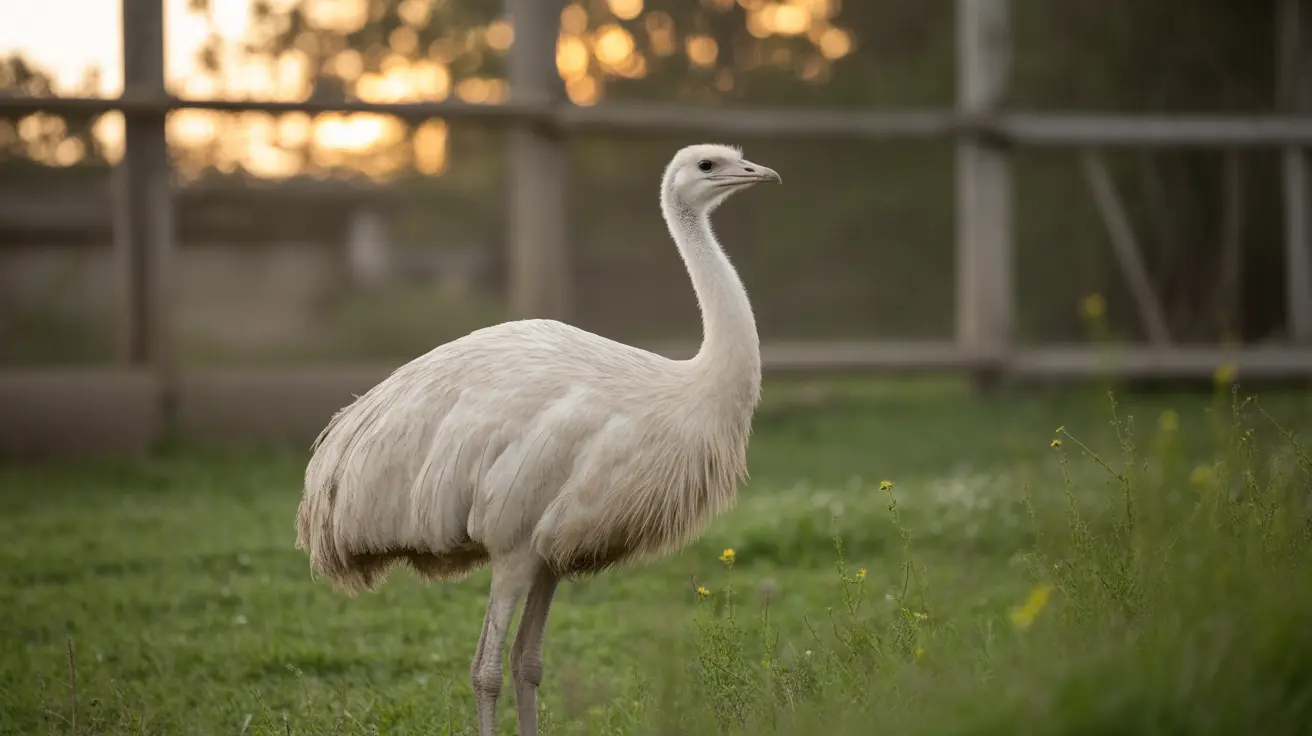Understanding Excessive Attachment in Dogs
Dogs are known for their loyalty and companionship, but can a dog be too attached to its owner? While most dogs naturally form strong bonds with their humans, there are instances where this connection can become excessive and potentially problematic.
Why Dogs Attach to Their Owners
Several factors influence a dog's attachment to its owner, including:
- Genetics: Some breeds are predisposed to forming close bonds due to selective breeding for specific roles such as herding or guarding.
- Bonding & Imprinting: Puppies that are separated early from their mother and littermates may imprint on their human caregivers, treating them as surrogate parents.
- Positive Reinforcement: When dogs receive rewards like treats, affection, or playtime for being near their owner, they learn to repeat the behavior.
- Individual Temperament: A dog's unique personality also plays a role in how strongly it bonds with people.
Common Behaviors of Over-Attached Dogs
Dogs that are overly attached to their owners may display the following behaviors:
- Constantly following the owner from room to room
- Showing distress or anxiety when left alone
- Becoming overly excited when the owner returns
- Refusing to engage with other people or animals
When Attachment Becomes a Problem
While following a favorite person is usually harmless, excessive or persistent following—especially when accompanied by signs of distress—may indicate separation anxiety. Key signs include:
- Destructive behavior when left alone
- Excessive barking, whining, or howling
- Indoor accidents despite house training
- Pacing or restlessness prior to departure
This behavior escalated during the COVID-19 pandemic as people spent more time at home, disrupting dogs' routines and leading to increased separation anxiety when normal schedules resumed.
Breeds More Prone to Over-Attachment
Certain breeds are more predisposed to forming strong bonds and following behavior due to their history and roles:
- Labrador Retrievers
- Border Collies
- German Shepherds
- Chihuahuas
- Maltese
- Pugs
- French Bulldogs
- Cavalier King Charles Spaniels
- Dobermanns and other guarding breeds
Why Dogs Follow Their Owners
Beyond emotional bonding, dogs follow humans for various reasons:
- Attention-seeking: They want affection or stimulation.
- Boredom: They have nothing else to do.
- Curiosity: They want to know what you’re doing.
- Routine anticipation: They expect food, walks, or playtime.
- Protection: Guarding breeds may feel it's their duty.
- Fear or insecurity: They seek safety during episodes like thunderstorms.
- Communication: They may need to go outside or indicate illness.
How to Encourage Independence
To foster a healthy relationship while minimizing over-dependence, consider the following:
- Use enrichment tools: Puzzle feeders, toys, and scent games keep dogs occupied.
- Reinforce calm behavior: Praise and treats for relaxing in a designated area can help.
- Gradual alone-time training: Use baby gates or time-outs in another room to build independence.
- Train useful commands: “Place” or “Stay” can reinforce boundaries and reduce trailing behavior.
- Limit reinforcement: Avoid petting or talking every time the dog follows you.
When to Seek Help
If your dog's attachment becomes relentless or suddenly changes, and is combined with other anxiety signs, it may be time to consult a veterinarian or professional behaviorist. Medical issues, aging, or sensory changes can also contribute and should be ruled out.
Conclusion
In summary, dogs follow their owners for many reasons, including love, conditioning, genetics, and anxiety. While a strong bond is healthy, ensuring your pet maintains a sense of independence is essential for their wellbeing. Understanding the motivation behind the behavior and addressing it with patience and consistency will lead to a happier and more balanced relationship.





